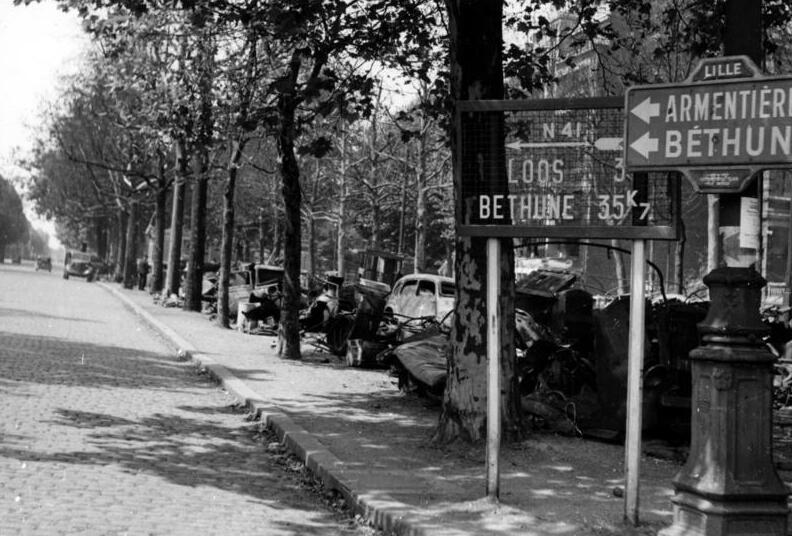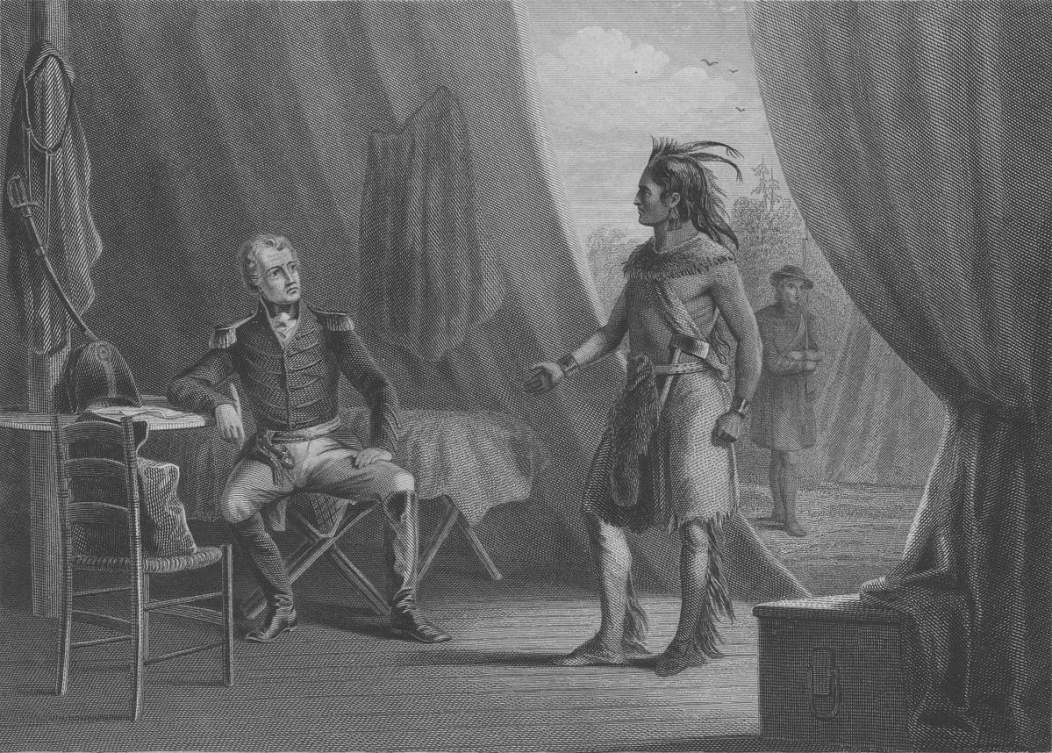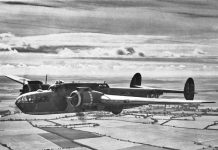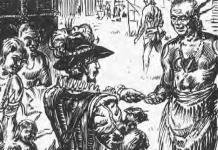Napoleon’s last years at St. Helena were 1816–1821. Napoleon did not survive his most distinguished old companions. Although he was subjected to no restraint at St. Helena, he was permitted to ride over nearly the whole island and enjoyed a degree of luxury and comfort, both in his habitation and in the society with which he was surrounded, which bore a striking contrast to the severity with which he had treated state prisoners, yet his proud spirit chafed against the coercion of being confined at all to an island.
The British government had given the most express instructions that he should be treated with all the respect due to his rank as a general and with all the indulgence consistent with security against his escape, but Sir Hudson Lowe, who was appointed to the island’s military command, proved an unhappy selection. His manner was rigid and unaccommodating, and his temper of mind, not softened by chivalrous ideas or laugh-breasted society, was not sufficiently calculated to alleviate the emperor’s distress during his detention.
But while all must regret that it should have been necessary, under any circumstances, to act with even seeming harshness towards such a great man, justice can see nothing to condemn in the conduct of the British government in this particular, whatever it may do as to want of courtesy in the island governor. It was indispensable to the world’s peace to prevent his escape. The expedition to Elba showed that no reliance could be placed on his profession or treaties. Detention and secure custody, therefore, were unavoidable, and every comfort consistent with these objects was afforded him by the British government.
He was allowed the company of friends who had accompanied him in his exile; he had books in abundance to amuse his leisure hours; saddle-horses in profusion were at his command; and the bill of fare of his table, which is given by Las Cases« as a proof of the severity of the British government, would be thought the height of luxury by most persons in a state of liberty. If the English government had acted towards Napoleon as he did to others who opposed him, they would have shot him in the first ditch, as he did the duke d’Enghien or Hofer, or shut him up in an Alpine fortress, as he did the cardinal Pacca.
But his mortal career at the scene of his exile and suffering was not destined to last long. The vexation which he experienced at finding all the plans frustrated that had been formed—and there were many—for his escape, the fretting which he suffered from the sight of the English sentries round his dwelling, the recollection of his lost greatness, and the prospect of endless detention, combined with a hereditary malady, produced severe complaints. He suffered much from these, but it was hoped at the outset that they would yield to his medical attendants’ skill. Gradually, however, the affections became more severe, and they eventually assumed the signs of stomach cancer, of which his father had fallen victim at a still earlier age.
Towards the end of March 1821, his strength sank rapidly; he dictated his will with a variety of minute bequests but obstinately refused to take medicine, to which he had a profound aversion. “All that is to happen” he said, “is written down; our hour is marked; we cannot prolong it a minute beyond what fate has predestined.” He directed that his heart be sent to the empress Marie Louise at Parma and his stomach examined to see if he had died of the hereditary malady.
At two o’clock on the 3rd of May, 1821, he received extreme unction, declared that he died in the Roman Catholic faith, which was that of his fathers, and gave minute directions for his body being laid in state in a chapelle ardente, according to the form of Catholic worship. “Can you not,” said he to Antommarchi, his physician, “believe in God”, whose existence everything proclaims, and in whom the greatest minds have believed? “I am in the religion of my fathers.”
On the 5th, a violent storm of wind and rain arose; Napoleon’s death struggle took place during its fury; and the last words he spoke were, “Tete d’armee” He breathed his last at eleven minutes before six in the evening. In his will, which contained a vast number of bequests, were two very remarkable ones: one was a request that his body repose on the banks of the Seine, among the people he had loved so well; the other was a legacy of 10,000 francs to the assassin Cantillon, who had attempted to murder the Wellington duke.
Napoleon indicated the place in St. Helena where he wished his remains to be interred. This was if they were not allowed to be removed to France. It was in a small hollow called Slane’s Valley. Although a fountain, shaded by weeping willows, was a favorite spot for his meditations, He was laid in a coffin in his three-cornered hat, military clothing, leather underwear, and boots as he appeared on the battlefield.
The sepulture site was consecrated by an English clergyman according to the Church of England form. The coffin was lowered amidst the speechless emotion and tears of all present; three successive volleys of musketry and artillery announced that the mighty conqueror was laid in his grave. A simple stone of enormous size was placed over his remains. The solitary willow wept over the tomb of him, for whom the earth itself had never been considered a fitting mausoleum.
Read More: William Ewart Gladstone – England’s Greatest Statesman






